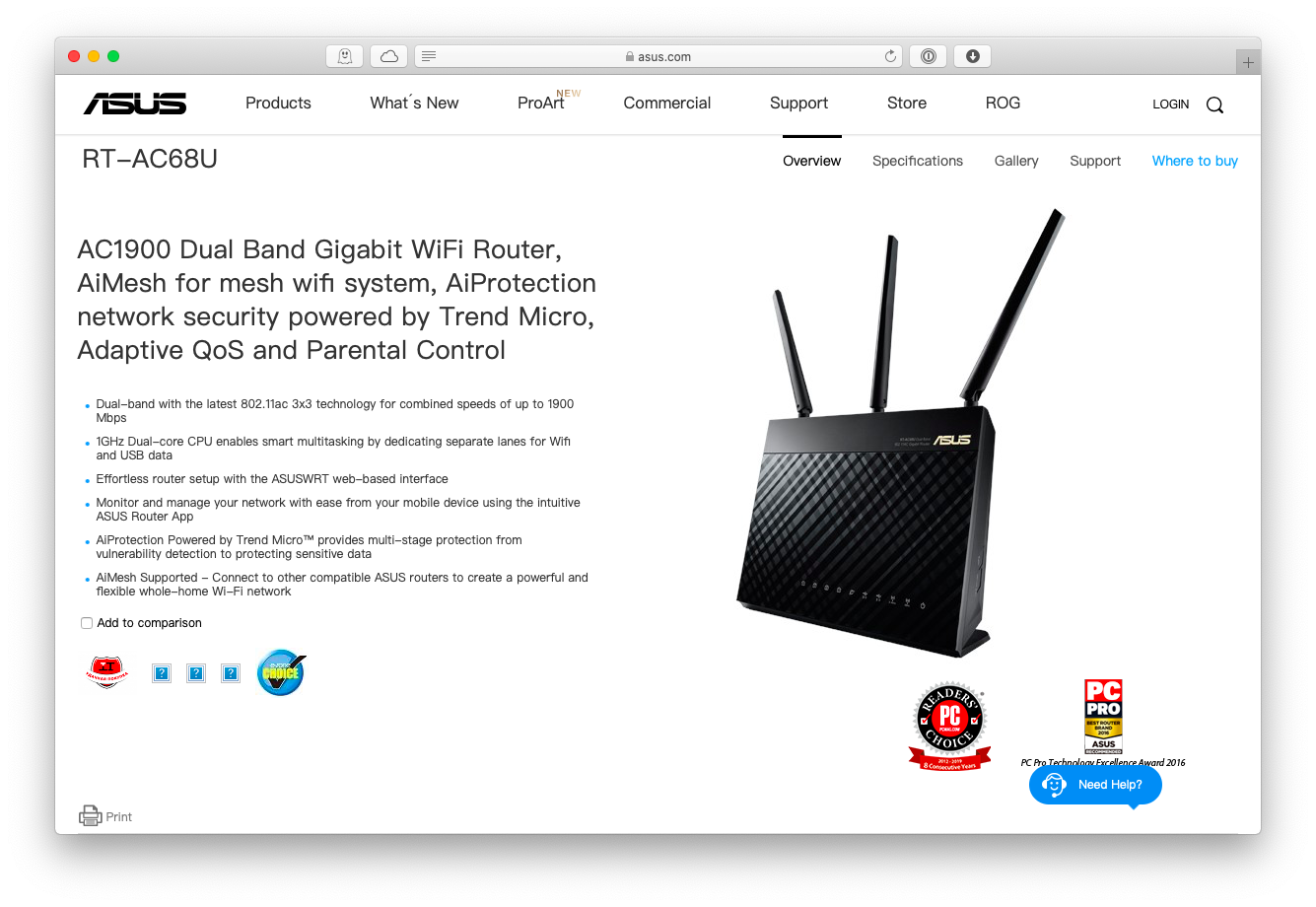

- #BEST WIFI ROUTER FOR MAC MAC OS X#
- #BEST WIFI ROUTER FOR MAC DRIVER#
- #BEST WIFI ROUTER FOR MAC MAC#
D-Link and Linksys provide Windows-specific instructions that Mac users who have experience setting up TCP/IP should be able to interpret. To their credit, Netgear, Agere, and Buffalo offer Mac TCP/IP setup instructions, while Belkin and Zoom avoid the issue by giving general setup information and referring users to their computers’ documentation. If you haven’t configured TCP/IP settings before, you won’t get much help from the documentation provided with most of these routers: the instructions are generally geared toward Windows users.
#BEST WIFI ROUTER FOR MAC DRIVER#
Once you’ve finished choosing administrative options in a browser, you’ll need to set up a client driver (usually AirPort software) for each wireless Mac. Next, you’ll need to configure TCP/IP on that Mac, locate the router’s IP address, and enter it into a Web-browser interface to reach the administration interface. To get a wireless router up and running, you first connect the router to your cable, DSL, or dial-up modem and then connect a Mac to the router via an Ethernet cable for the initial configuration. We tested PPPoE features on a different network featuring a wired Mac, a wireless PC, and the wireless PowerBook G3.
#BEST WIFI ROUTER FOR MAC MAC OS X#
We connected each router to the Internet via a DSL modem and to a local network consisting of a Power Mac G4 with an Apple AirPort card running Mac OS X 10.1.3 a PowerBook G3 with a Lucent Orinoco Silver PC card running Mac OS 9 and two wired computers, a desktop Power Mac and a Dell PC running Windows 2000.

We set up each of our seven wireless routers with little trouble, but most hiccuped once or twice.

If you want to use AppleTalk to print from a wireless computer, your choices narrow to the four products we tested that provide AppleTalk routing for both wired and wireless Macs: the Orinoco, the AirStation, the MR-314, and the ZoomAir. All but the Orinoco BG-2000 include two to four switched 10/100BaseT Ethernet ports you can use to connect wired computers or printers directly to the router, providing dedicated bandwidth for the computer or printer connected to it and thus increasing network speed. Macworld Lab tested seven Mac-compatible wireless broadband routers that use the same IEEE 802.11b technology (which Apple calls AirPort and other companies call Wi-Fi) found in Apple’s AirPort cards and Base Station: Agere Systems’ Orinoco BG-2000, Belkin’s Wireless Cable/DSL Gateway Router F5D6230-3, Buffalo’s AirStation WLAR-L11G-L, D-Link’s D-Link Air DI-714 Wireless Gateway, Linksys’s EtherFast Wireless AP + Cable/DSL Router BEFW11S4, Netgear’s MR-314 Cable/DSL Wireless Router, and Zoom’s ZoomAir IG-4165.Įach router in this review also includes a DHCP server that provides IP addresses to wired and wireless clients when they join the network, giving each a local network identity and access to the Internet. While a few of the seven wireless routers in this roundup aren’t particularly easy to set up from a die-hard Mac user’s perspective, others provide a solid set of features at a price that rivals AirPort’s. For as little as half the cost of the Base Station, you can buy an AirPort-compatible wireless router that offers most of the AirPort Base Station’s features (and in some cases, even more). Although Apple’s $299 AirPort Base Station provides wireless networking capabilities and routing in a stylish and shapely package (Reviews, April 2002), it’s hardly the only option when it comes to setting up wireless networks.


 0 kommentar(er)
0 kommentar(er)
